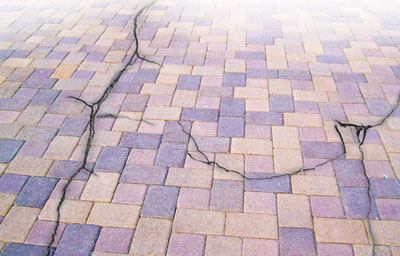A new Florida law is causing concern among homeowner associations.
HB 1013 takes effect July 1 and states that there is no “implied warranty” on a development’s amenities such as roadways, drainage systems, playgrounds and, yes, swimming pools.
That means that fixing problems with those amenities could end up being the financial responsibility of the HOA, not the community’s developer, even if the problems are the result of faulty workmanship.
“[The law] makes it really hard for associations to prevail in these cases,” said Yeline Goin, executive director of the Community Association Leadership Lobby in Fort Myers, Fla. “[It] takes away an association’s right to claim implied warranties.”
Others disagree. Builders and developers argue that homeowners are only entitled to an implied warranty on their individual properties, not the common area improvements. Doing more, they warn, would hurt Florida’s already battered real estate market.
At this time, the Florida Swimming Pool Association has not taken a position on the legislation. The new law was inspired by a controversial lawsuit. In December, the Florida Supreme Court heard oral arguments in Lakeview Reserve Homeowners vs. Maronda Homes, where an HOA is suing its builder over problems with roads and drainage in the community. A ruling is expected this summer.
The law could have significant financial impact on HOAs if they must scramble to cover major repairs to a development’s infrastructure. It also could affect the long-term health of communities and the vendors who serve them, according to Goin, whose group represents more than 4,000 community associations.
“Homeowners associations are in trouble,” she said. “They have homeowners who are not paying their mortgages [or] assessments. But the only way to fix these [common area] problems are special assessments, and there’s no way they can assess these homeowners.”
As pool service technicians and others in the industry know, many HOAs are experiencing a financial crunch. In a 2011 survey by the Community Associations Institute , 46 percent of community managers said their associations are dealing with “serious” financial problems as a result of the housing bust. Many have responded by deferring common area maintenance projects (38 percent), postponing capital improvements (38 percent) and slicing contributions to their communities’ reserve accounts (40 percent).


